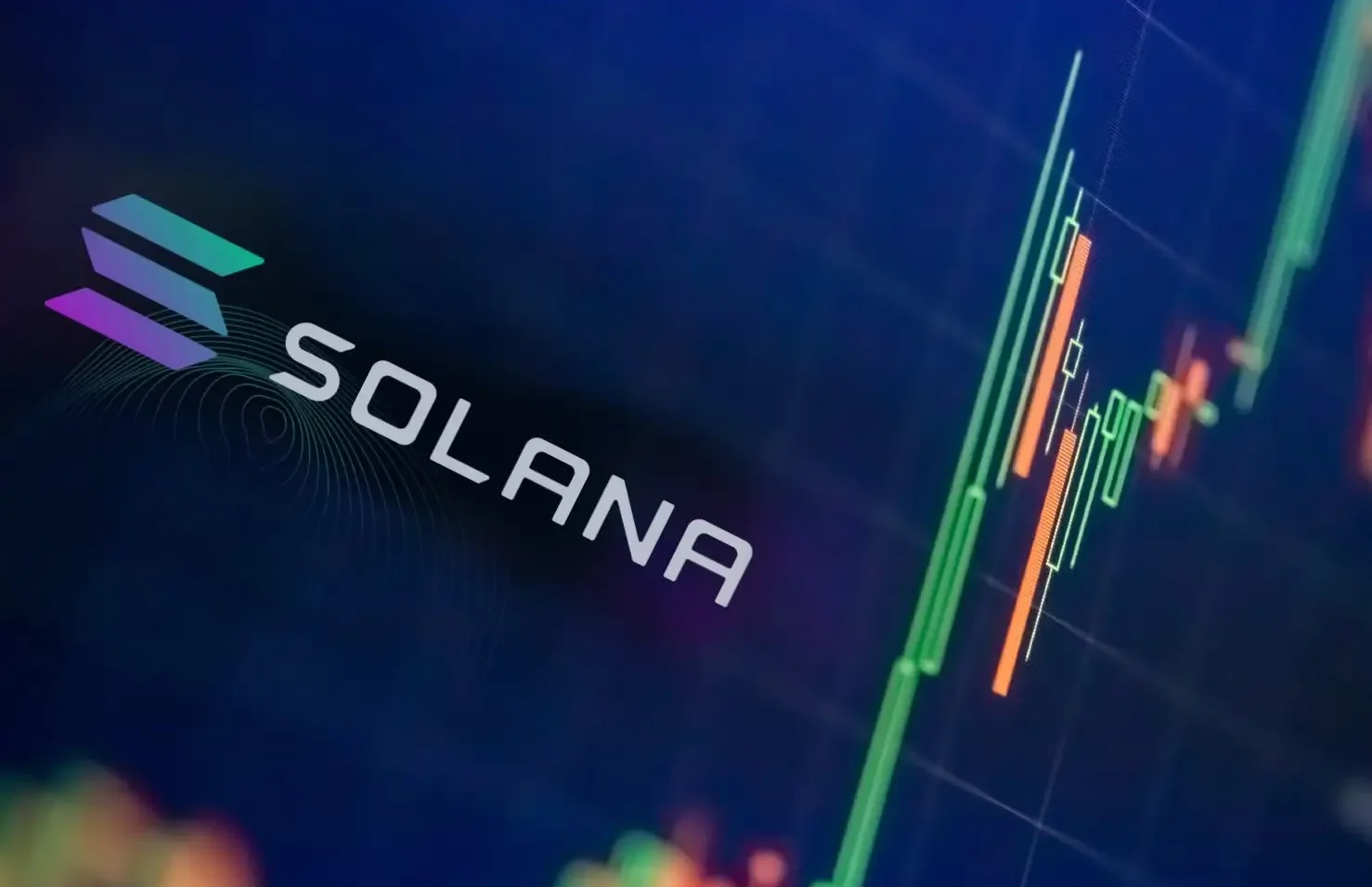Solana Developers Consider Bold Move to Boost Validator Profits
25.09.2024 10:30 1 min. read Alexander Zdravkov
In a bid to enhance the efficiency of Solana blocks, Tao Zhu, an engineer at Anza, has introduced a proposal for a crucial change in the Solana protocol.
Outlined in SIMD 0172, this change targets the “compute budget” program, which is intended to curb computational waste but is deemed by Zhu as a hindrance to optimal blockspace utilization.
While many agree that adjustments are necessary for the compute budget, some developers feel that Zhu’s proposal doesn’t go far enough. The compute budget limits transactions to a default of 200,000 compute units (CUs) to prevent excessive data accumulation. Zhu argues this limit is often overestimated, leading to unnecessary reserved space in blocks.
He proposes gradually reducing the default to zero over approximately 20 days, requiring users to specify their actual compute needs. This change could lead to more transactions fitting into each block, thereby increasing fees for validators, who have faced challenges recently.
However, the proposal has its critics. Even if the default is set to zero, transactions would still need to include compute budget instructions, which take up valuable data space. Some developers advocate for moving this information to the transaction header to free up more bytes for essential instructions.
Zhu has suggested that the compute budget program could eventually be eliminated, but for now, he focuses on this interim fix, despite concerns that it may complicate the development process.
-
1
Cardano Leads Developer Activity, Ethereum Maintains Ecosystem Dominance
23.06.2025 20:00 1 min. read -
2
Kraken’s Ink Chain Ramps Up Usage as Token Launch Approaches
23.06.2025 18:00 1 min. read -
3
Canton Network Developer Secures $135M to Expand Institutional Blockchain Use
25.06.2025 12:00 1 min. read -
4
Coinbase Brings Cardano and Litecoin to DeFi via New Wrapped Tokens on Base
26.06.2025 18:00 1 min. read -
5
XRP Ledger Sees Sharp Drop in Activity as Key Network Metrics Tumble
26.06.2025 19:00 1 min. read
Top 10 blockchains by transaction volume in June 2025
New data highlights a dramatic lead for Solana in blockchain activity for June 2025. According to the figures, Solana processed a staggering 2.98 billion transactions, far outpacing all other chains in the ecosystem.
Top 10 AI and Big Data Crypto Projects by Development Activity
According to new insights from market intelligence platform Santiment, development activity in the crypto sector’s AI and Big Data segment remains strong, with several major projects showing notable GitHub activity over the past 30 days.
XRP Ledger Deploys EVM-Compatible Sidechain to Expand Multichain Utility
The XRP Ledger (XRPL) has officially launched its Ethereum Virtual Machine (EVM) sidechain on mainnet — marking a major milestone in its effort to bridge XRP’s payment efficiency with Ethereum’s smart contract capabilities.
What the U.S. Blockchain Act Means for Crypto’s Future
The U.S. House of Representatives has taken a major step toward digital asset regulation by passing the Deploying American Blockchains Act of 2025.
-
1
Cardano Leads Developer Activity, Ethereum Maintains Ecosystem Dominance
23.06.2025 20:00 1 min. read -
2
Kraken’s Ink Chain Ramps Up Usage as Token Launch Approaches
23.06.2025 18:00 1 min. read -
3
Canton Network Developer Secures $135M to Expand Institutional Blockchain Use
25.06.2025 12:00 1 min. read -
4
Coinbase Brings Cardano and Litecoin to DeFi via New Wrapped Tokens on Base
26.06.2025 18:00 1 min. read -
5
XRP Ledger Sees Sharp Drop in Activity as Key Network Metrics Tumble
26.06.2025 19:00 1 min. read


